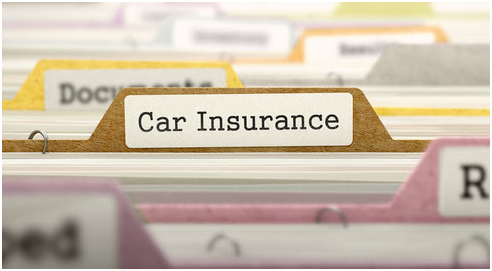Did you know that after you are involved in an auto accident, you can pursue two separate claims? First, there is the claim for injuries, and the other is a claim for damage to property, in most instances, the vehicles involved in the accident.
There are two options available to you to open a claim for damage to your car. Whether or not you have collision coverage on your policy will help you make the decisions about which type of claim to file. If you do not have collision coverage, you can open a claim with the at-fault driver’s property damage liability coverage (PDL). Property damage liability coverage pays for any damages the at-fault driver, or their family members may cause to the property of others in a crash involving a motor vehicle. In the State of Florida, every insured driver must carry at least $10,000 in property damage liability coverage.
While Florida requires PDL, they do not require collision coverage. However, we highly recommend this type of coverage because even though the law says every driver must have PDL, not every driver obeys the law. Without collision coverage, you run the risk of being in an accident with a driver who is either underinsured or uninsured as it pertains to damage to your vehicle. When you carry collision coverage on your policy, you always have the option of working with your insurance company for repair or replacement of your car if need be. Typically, the insurance company will make repairs, replace, or reimburse you for your car’s “fair market value.” This is the actual cash value your vehicle would have sold for on the date of the accident.
How do you know if you have collision coverage? If you are not sure what type of coverage you have in your insurance policy, contact BOCA Law toll-free at 855-262-2509. Our experienced lawyers will gladly review your auto insurance policy and explain all coverage available. We know the nuances of insurance and can help you get better protection and even save you money on your policy. Our goal is to help you thoroughly understand the law as it pertains to your insurance policy.




